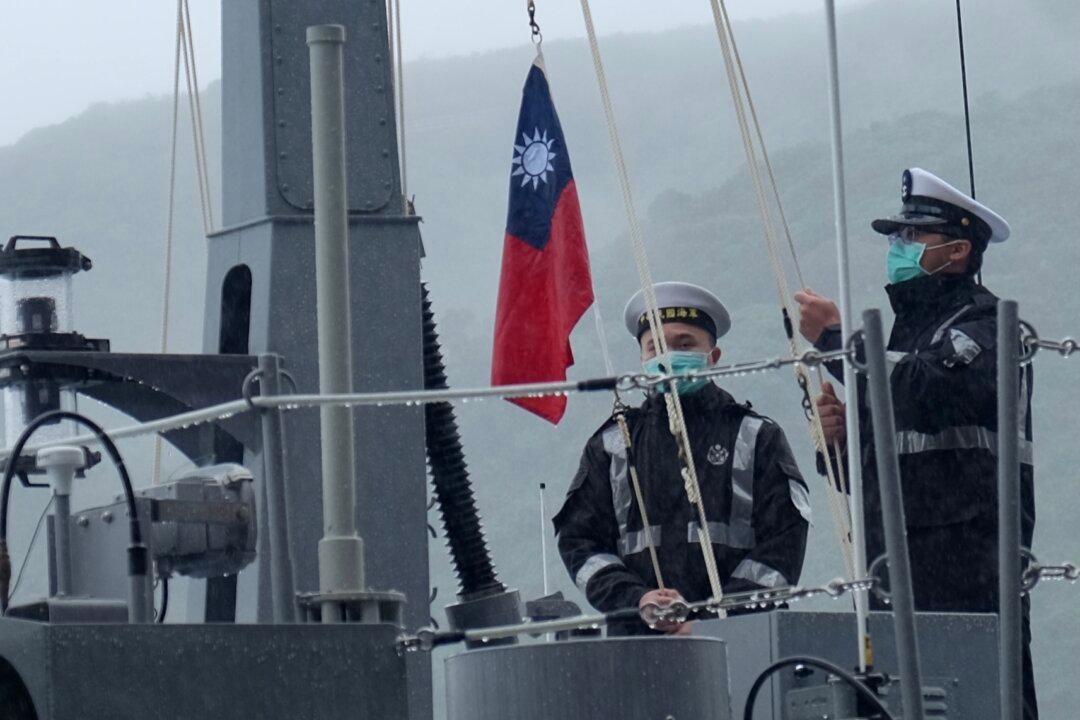TAIPEI, Taiwan—Four retired Taiwanese intelligence officials were indicted on Feb. 20 for allegedly spying for China, according to local prosecutors.
The four worked for the Military Intelligence Bureau, an agency under Taiwan’s Ministry of National Defense. According to local media, they were accused of violating the island’s National Security Act and the National Intelligence Service Law for passing on confidential intelligence to Chinese agents and developing a spy network since 2013.





